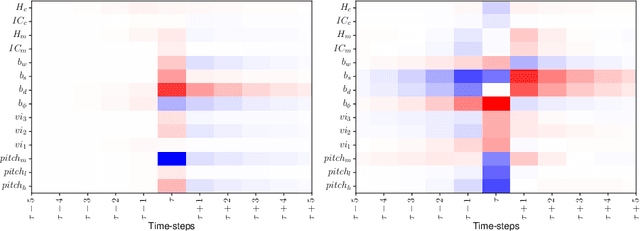What were you expecting? Using Expectancy Features to Predict Expressive Performances of Classical Piano Music
Paper and Code
Sep 11, 2017

In this paper we present preliminary work examining the relationship between the formation of expectations and the realization of musical performances, paying particular attention to expressive tempo and dynamics. To compute features that reflect what a listener is expecting to hear, we employ a computational model of auditory expectation called the Information Dynamics of Music model (IDyOM). We then explore how well these expectancy features -- when combined with score descriptors using the Basis-Function modeling approach -- can predict expressive tempo and dynamics in a dataset of Mozart piano sonata performances. Our results suggest that using expectancy features significantly improves the predictions for tempo.
* 6 pages, 1 figure, 10th International Workshop on Machine Learning
and Music (MML 2017)
 Add to Chrome
Add to Chrome Add to Firefox
Add to Firefox Add to Edge
Add to Edge